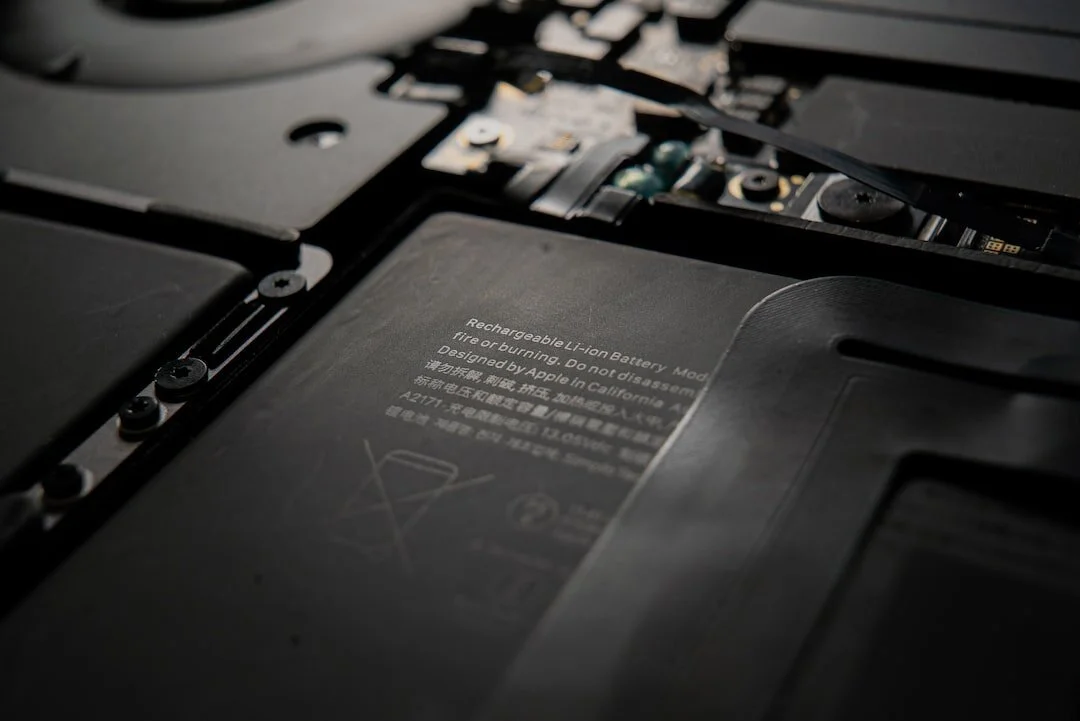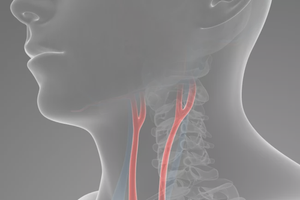Academic
High-Performance Computing for Research Projects Outgrowing Campus Resources
Empowering the Next Generation of Engineers
Corvid HPC partners with research groups, faculty, and principal investigators who need high-performance compute beyond what their university HPC center can offer. Whether you're pursuing grant-backed research, managing peak project loads, or tackling simulations with elevated security requirements, we deliver scalable, easy-to-access HPC tied to specific programs—without long-term commitments or internal red tape.
Why Do Researchers and Faculty Turn to Corvid HPC Over Campus HPC Centers?
Overflow Compute Without the Waitlist: Get on-demand access to scalable HPC when your campus cluster is full, down, or not approved for your research timeline.
Pay-As-You-Go for Grant or Program Budgets: Tie compute spend directly to a specific program, NSF grant, or research milestone—no need to fight for internal allocation.
Run Specialized or Security-Sensitive Workloads: Ideal for projects with ITAR, HIPAA, or industry-collaboration requirements that exceed campus security postures.
No Infrastructure to Maintain, Ever: Launch simulations in minutes using preconfigured environments for Fluent software, LS-DYNA software, Simcenter™ STAR-CCM+™ software, and more.
Partnering with the University of North Carolina at Charlotte (UNCC) and the Institute of Digital Engineering (IDE) USA, Corvid HPC supports research into optimizing multifunctional battery systems using AI/ML techniques and simulation at scale.
In collaboration with the IDE USA, the University of North Carolina at Pembroke, and Dr. Joong-Lyul Lee, Corvid HPC supports the North Carolina Collaboratory to oversee, evaluate, and tackle the public health impacts of Covid-19.
Corvid HPC, in partnership with the IDE USA, supports a state-funded initiative through the North Carolina Collaboratory to provide high-performance computing resources for cutting-edge research. This program empowers academic teams across the state to tackle projects that drive innovation, improve public outcomes, and support long-term economic development in North Carolina.
During the COVID-19 pandemic, Corvid Technologies partnered with UNCC under funding from the CARES act to perform and analyze CFD simulations of the transmission of SARS-CoV-2 inside a Charlotte Area Transit System (CATS) bus. The team relied on the significant computational resources provided by Corvid HPC to rapidly perform thousands of high-fidelity simulations under different operating conditions. Assessing the impact of HVAC systems and opening windows, allowed the team to determine how best to prevent the spread of viruses from infected passengers.
Together with UNCC and the IDE USA, Corvid HPC will develop a massively parallel, proof-of-concept framework to co-simulate a transmission and distribution system consisting of at least 1000 detailed distribution feeders.
Utilizing Corvid HPC compute resources, the IDE, together with Corvid Technologies and UNCC, improved models of high-speed combustion with application to rotating detonation engines (RDEs) and divert-attitude control systems (DACS). The team is performing large-scale high-fidelity simulations of RDEs and DACS using RavenCFD and FLASH.










